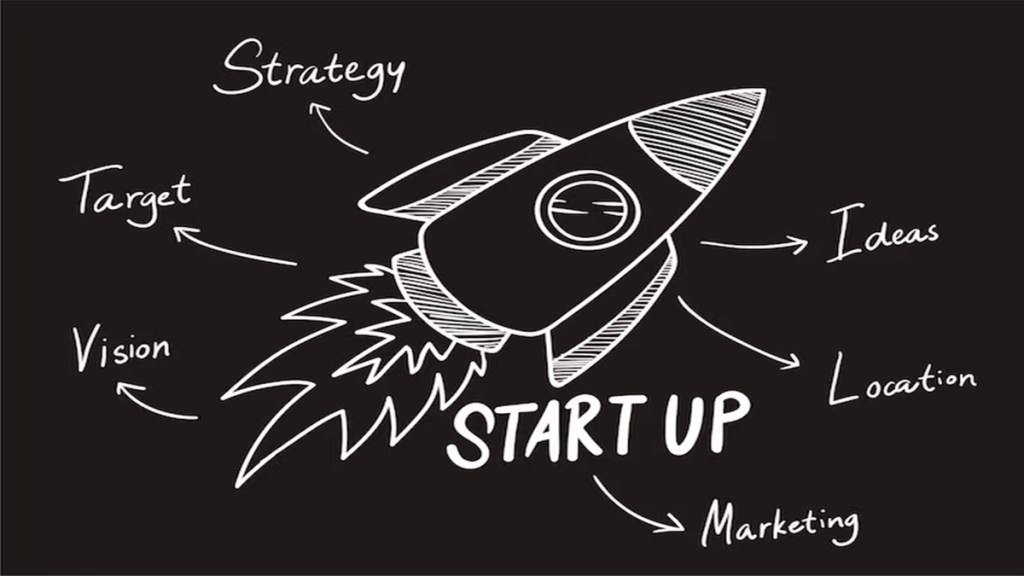The world’s third-largest startup ecosystem has notched up an unenviable record. Over 28,000 startups have shut up shop in the last couple of years — 15,921 in 2023 and 12,717 in 2024. While some of them have filed for bankruptcy, others have remained inactive for more than a year. That’s over 12-fold jump from 2,300 shutdowns in the previous three years — 2019-2022, according to data intelligence platform Tracxn.
There’s more. The number of startups launched fell to just 5,264 in 2024 from over 9,600 a year between 2019 and 2022. This year so far, only 125 startups have been founded. Experts attribute these trends to a “delayed correction” or a calibration rather than a failure of the ecosystem.
Pearl Agarwal, founder and managing partner, Eximius Ventures, pointed out that 2021-2022 saw an influx of capital that chased opportunities rather than outcomes. “Numerous companies received funding at the pre-product market fit (PMF) stage, often without a substantial white space to solve. Once market discipline returned, the inevitable occurred — the pool filtered itself,” Agarwal told FE.
Many companies also raised capital at hefty valuations, because of which they failed to mop up follow-on investments, especially when the business wasn’t doing well. In fact, investors turned very cautious in 2023-2024, and are investing only in ventures with healthy financials and a proven PMF.
They expect startups to focus on governance and be willing to streamline operations and improve financial metrics. “Irrelevant players shut down. Successful ones kept compounding,” Agarwal added.
According to sources, the sectors that saw the maximum shutdowns were agritech, fintech, edtech, and healthtech. These startups failed largely because the early and large capital infusion led to high cash burn and a growth-at-all-cost mentality. This, combined with low customer retention, resulted in high operational costs. As Neha Shah, co-founder and director, MentorMyBoard, observed, a major reason for failures was business models lacking long-term viability or the ability to adapt to evolving market dynamics. “While the number of startup IPOs, unicorns, and capital inflows has risen, the aftershocks of the funding winter have persisted throughout the year,” Shah said.
The number of shutdowns in 2025 so far stands at only 259 but experts expect the number to increase. They link the closures to the general slowdown in pre-PMF seed funding.
The lack of meaningful consolidation is another reason for the slower pace of acquisitions and the higher number of shutdowns. According to Tracxn, the number of startup acquisitions has come down from 248 in 2021 to 131 last year.
Experts say legacy companies and evolved startups are being cautious about expanding their balance sheets in unstable market. Also, corporates today prefer strategic partnerships, joint ventures, or licensing agreements with startups rather than opting for outright buyouts. This route mitigates risks that come with full integration while enabling companies to leverage innovation by startups. Larger companies are no longer acquiring for the sake of acquiring, but for immediate strategic or operational return on investment. Unless the brand or the technology is valuable, it is unlikely to be bought in this market.

